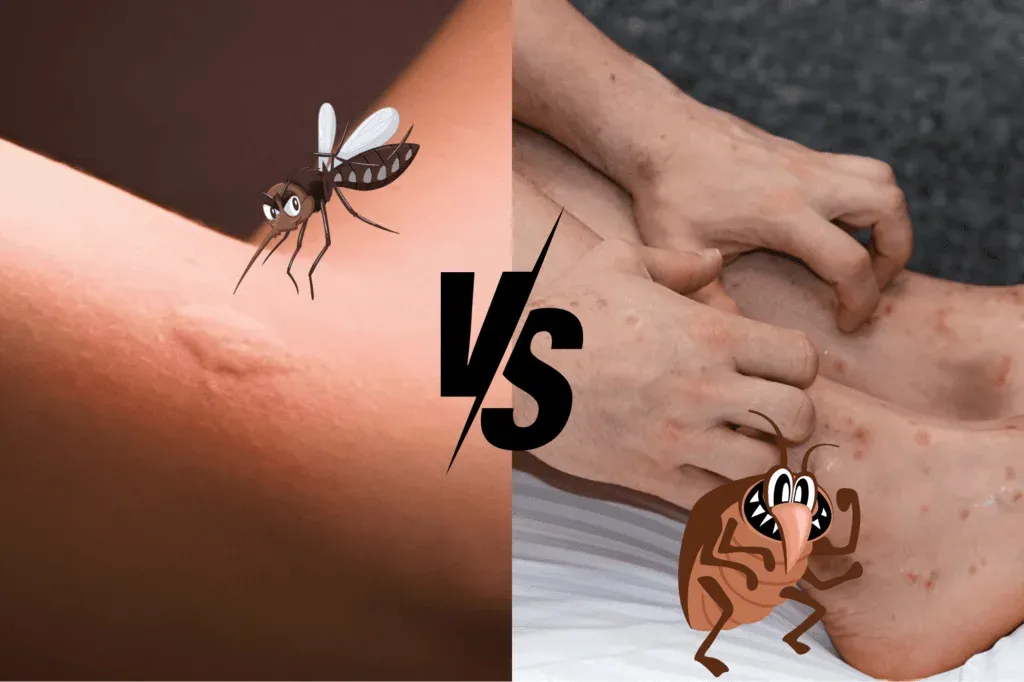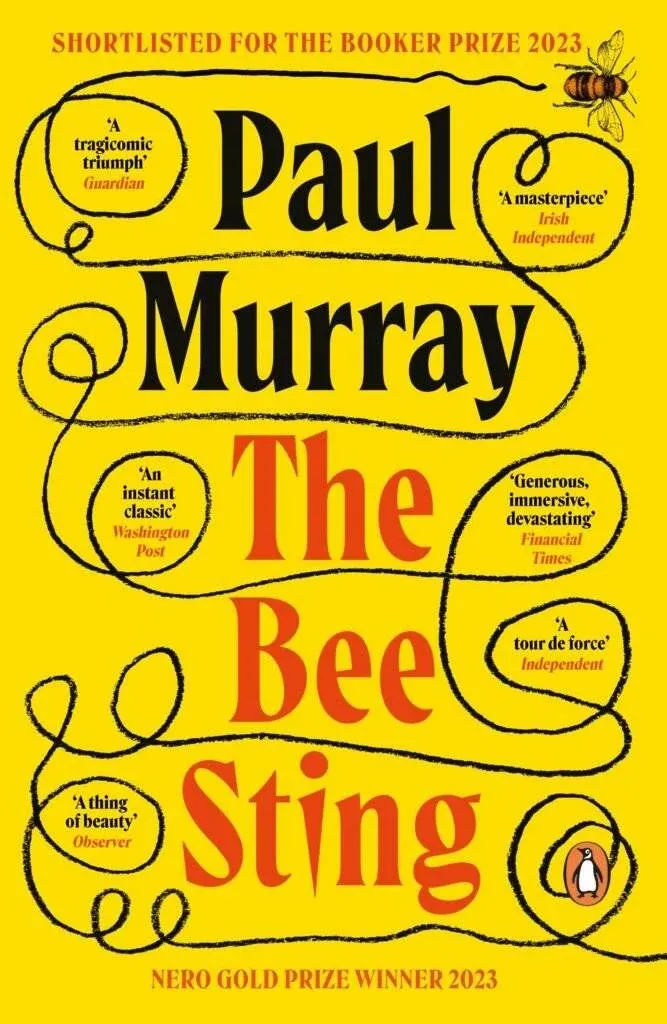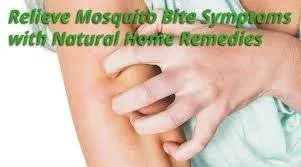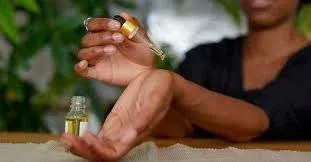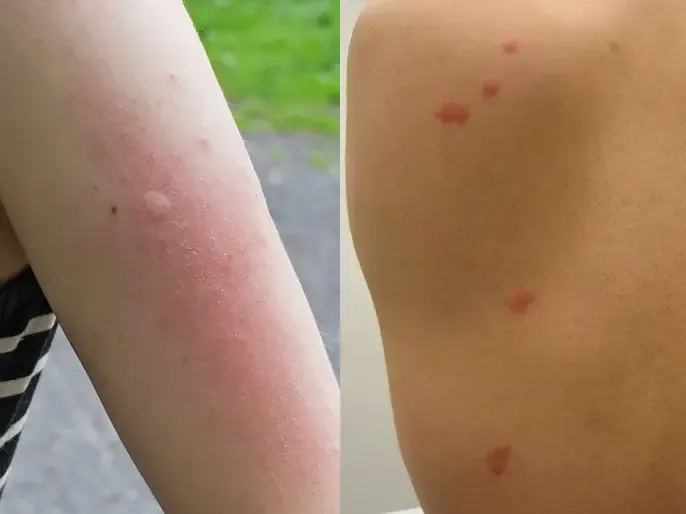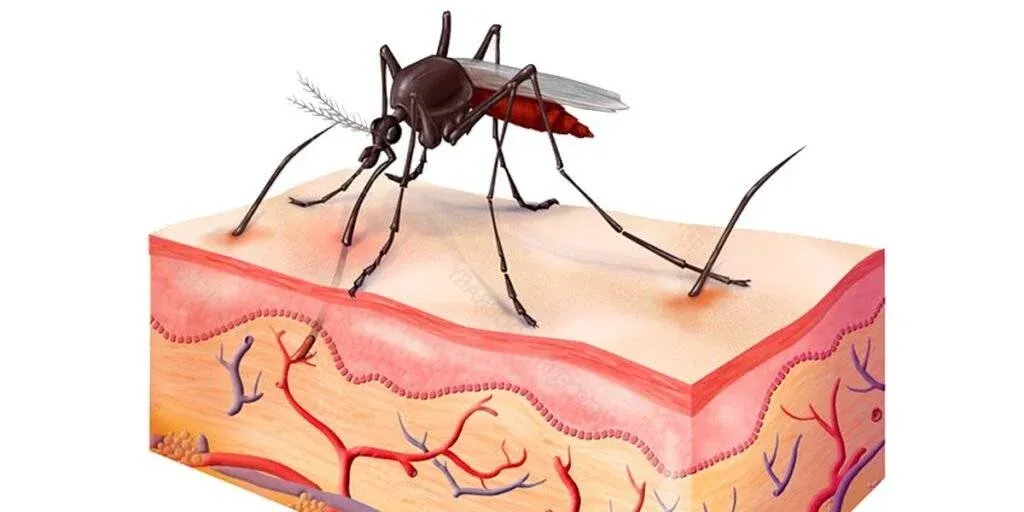Mosquito bites are irritating for anyone, but when it comes to babies, they can be more concerning. Their delicate skin reacts strongly, often becoming red, swollen, and itchy. Because babies cannot resist scratching, mosquito bites can quickly turn into rashes or even infections. Parents must know safe ways to manage mosquito bites on babies, from soothing remedies to effective prevention.
In this guide, we’ll cover symptoms, treatments, and ways to protect your child from mosquito bites.
Why Mosquito Bites Affect Babies More
Babies have sensitive skin and a developing immune system, which means their reaction to mosquito saliva is stronger than that of adults. This can lead to:
Red, swollen bumps
Rash-like clusters around bite areas
Excessive itching and irritability
Restlessness, especially during sleep
In rare cases, mosquito bites on babies can also carry risks of mosquito-borne illnesses, making prevention even more important.Symptoms of Mosquito Bites on Babies
Most mosquito bites are harmless, but parents should be aware of common symptoms:
Small, round red bumps
Localized swelling or puffiness
Warmth around the bite
Rash or multiple bumps in one area
Sometimes babies develop stronger allergic reactions, with symptoms such as large welts, spreading redness, or intense swelling. Immediate care is necessary if these occur.
First Aid for Mosquito Bites on Babies
When you notice mosquito bites on babies, start with gentle first aid to reduce irritation.
1. Clean the Area
Use lukewarm water and mild baby-safe soap to clean the bite. This lowers infection risk.
2. Apply a Cold Compress
Place a cool, damp cloth on the area for 5–10 minutes. This reduces swelling and itchiness.
3. Use Baby-Safe Soothing Gels
Products with aloe vera or chamomile can calm irritation. Always choose remedies formulated for infants.
4. Prevent Scratching
Keep your baby’s nails trimmed and consider using soft mittens at night to avoid skin damage.
Safe Remedies for Mosquito Bites on Babies
Some natural and safe options help relieve discomfort:
Aloe Vera Gel – Provides cooling and reduces redness.
Breast Milk – Contains natural healing properties; applying a few drops can soothe irritation.
Cold Oatmeal Paste – Gentle and effective for reducing itching.
Coconut Oil – Hydrates the skin and prevents dryness from scratching.
These natural remedies are ideal for parents who prefer chemical-free mosquito bite care for their little ones.
Over the Counter Treatments
When home remedies are not enough, certain over-the-counter options may help. However, always consult a pediatrician first before applying anything to your baby’s skin.
Baby-safe antihistamine creams (if prescribed) can reduce allergic reactions.
Mild hydrocortisone cream may be recommended by doctors for severe swelling.
Calamine lotion is often safe but should be used under medical guidance.
Never use strong medications without professional advice, as babies’ skin absorbs chemicals more easily.
When to See a Doctor
Most mosquito bites on babies heal quickly, but medical attention is necessary if you notice:
Large swelling or redness spreading beyond the bite
Signs of infection (pus, yellow crust, or increased warmth)
Persistent fever after bites
Difficulty breathing, hives, or extreme swelling (possible allergic reaction)
Unusual tiredness or irritability after being bitten
These could signal an infection or a mosquito-borne illness, requiring immediate care.
Preventing Mosquito Bites on Babies
Prevention is the best way to avoid discomfort and complications. Some safe measures include:
Use Mosquito Nets – Cover cribs, strollers, and sleeping areas with nets.
Dress Babies in Long Clothing – Lightweight, full-sleeve outfits protect their skin.
Avoid Outdoor Time at Peak Hours – Mosquitoes are most active at dawn and dusk.
Keep the Environment Clean – Remove standing water to prevent breeding.
Baby-Safe Mosquito Repellents – Use repellents with natural ingredients like citronella or lemon eucalyptus, approved for infants over 2 months (always check labels).
These steps help reduce the need for treatments and keep your baby safe.
Final Thoughts
Mosquito bites on babies can be distressing, but with proper care, they usually heal without complications. Gentle remedies like aloe vera, coconut oil, or cold compresses provide quick relief. For severe symptoms, medical advice is essential.
Preventing mosquito exposure remains the most effective approach. By using protective clothing, mosquito nets, and safe repellents, parents can protect their little ones from the discomfort and risks of mosquito bites.

